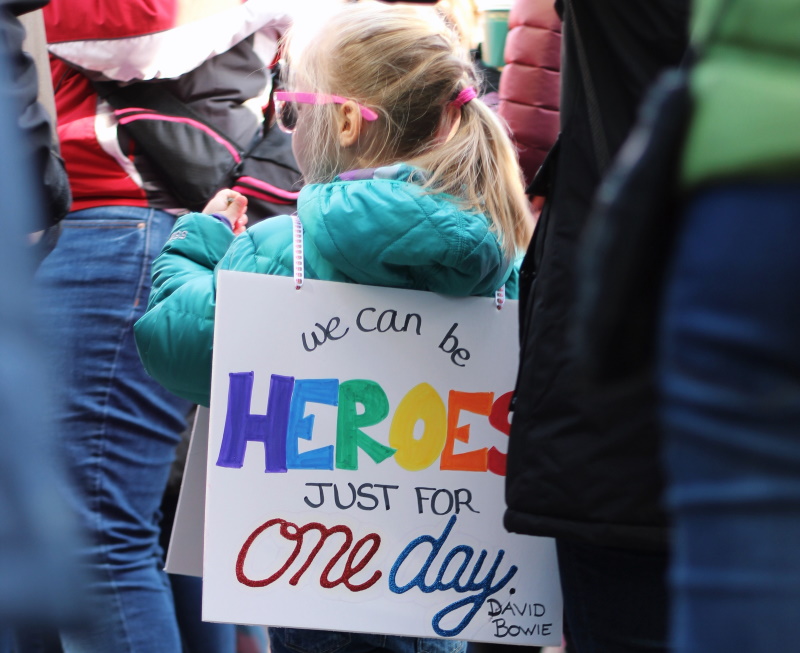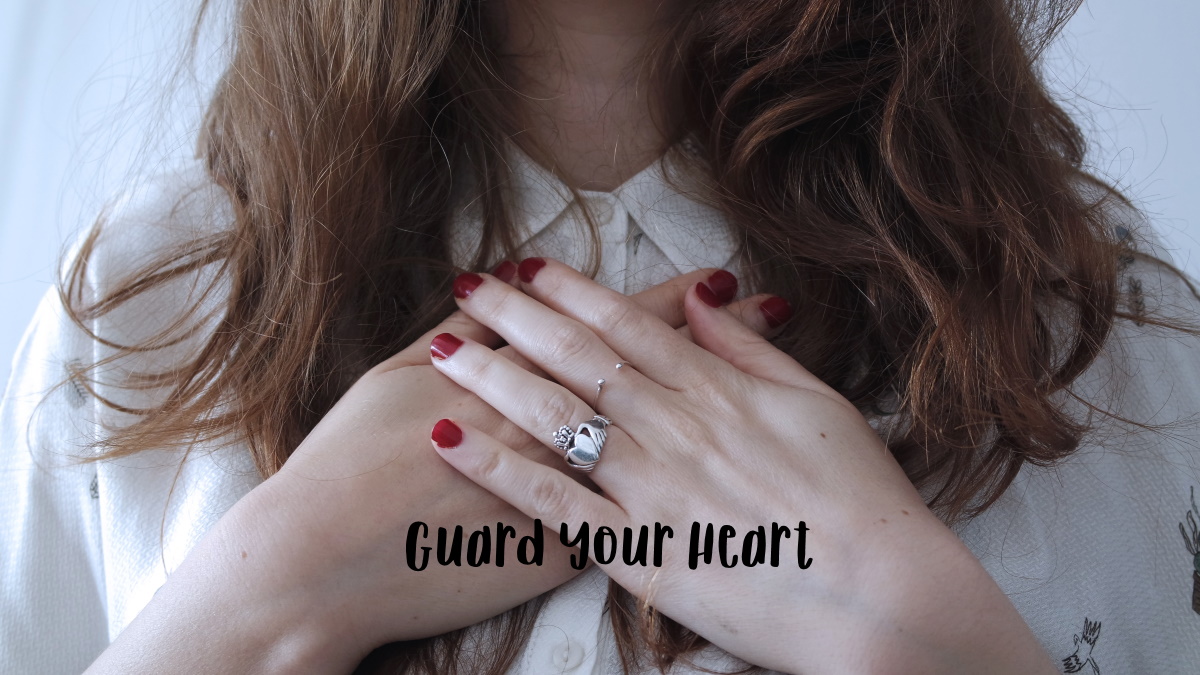
ShelbyKetchen
Purple Passion 2020 Is Coming Soon!
#PurplePassion #SilentAuction #Fun #GiveBack #5thAnnual
We are so excited that we are able to hold this silent auction. It is our biggest fundraiser of the year. It is necessary to have it to continue to be able to provide for our families. Thank you in advance.

Donate By Shopping With Scrip!
Would you like to donate to Reach Out Speak Out, but you just can’t seem to find it in your budget?
Here’s a great way to help us and it doesn’t cost you anything.
It’s called ShopWithScrip.com. ShopWithScrip is a gift card-buying program. You can purchase gift cards from over 750 brands! There are also e-gift cards available in case you’re short on time for a forgotten birthday or holiday.
When you ShopWithScrip, you buy gift cards for things you might normally buy anyway, but Reach Out Speak Out gets a percentage of what you spend and it costs you absolutely nothing! Scrip can even be worked into your monthly budget. If you know you’re going to shop at Publix, for example, go ahead and buy Scrip in the amount of your budget and then just use the gift cards as you need them. Everyone wins!
How To Use Scrip
It’s really easy! Just go to ShopWithScrip.com and use our enrollment code: 32CEDEL242629 when prompted. Do your shopping and benefit a worthy cause at the same time!
Image by Gino Crescoli from Pixabay
To Leave Or Not To Leave… Part One
To Leave Or Not To Leave is a series of blog posts submitted under the condition of anonymity for obvious reasons. It is, therefore, published under the Admin’s authorship.
Stay and Pray – Not To Leave
I have been married for several years. At least once during each of those years, I have gone through a prolonged period of wondering whether it would be best to leave or not to leave my marriage. The first time was the weekend we got married. Something had changed and I felt sick to the pit of my stomach.
Every instinct was screaming that I had made a mistake. The understanding I have from my Bible and many of my Christian friends told me that I had married him and that the right thing to do was to “stay and pray.” After all, he didn’t beat me or starve me or actually abuse me. If there are no marks, there’s no abuse, right? All the stuff you hear about mental or emotional abuse is really just women being hypersensitive and overreacting, you know. Especially if you are of a certain age.
So I stayed. And I prayed. Oh, how I prayed. At first, I prayed for him to change. And I realized that’s not really how God works so much. So I prayed for God to change me. To make me a better wife, a better person, a better Christian.
Nothing changed. Well, at least, not in the way I had hoped.
Waking Up Sad
I guess it’s not really true that nothing changed. Some of my relationships did. Fundamental parts of me did. I had mostly always felt kind of warrior-strong. I didn’t anymore. I doubted myself. I felt weak and unable to make decisions. I had always awakened happy. More and more, I started waking up sad. I wanted to stay in bed and not deal with the day. I did a poor job of staying in touch with my friends and family. To be fair, I can’t say that he isolated me so much as, because of how I felt, I isolated myself.
I was always afraid to have him around my friends, never being sure of how he would act or what he would say. Mostly, though, I had lost faith that I had any value. Under the weight of constant criticism and neglect, I was afraid that I was stupid and irresponsible and not at all worthy of love.
I had so much to learn.
… more next week …
Photo Credit: Resi Kling
Love Shouldn’t Hurt / Dating Violence #4
Love Shouldn’t Hurt
Do you or do you know someone that is dating and you just don’t feel comfortable with the relationship? Whether it is your own relationship or a friend that you see changing, take a moment to read some of the warning signs of dating violence below. You could save someone’s life from a relationship that is harder and harder to get out of due to the control of the abuser. Remember, an abuser wants to always be in control. If they feel they are losing the control of you or your friend, they will push a lot harder to keep it going. They do not want to lose.
Information from: www.ncdsv.org
What Are the Early Warning Signs of Teen Dating Violence?
Researchers who study teen dating violence have identified several early warning signs that a dating relationship might be likely to turn violent. These warning signs do not mean a relationship will definitely turn violent. However, if you notice several of them in your relationship or partner, you may need to re- evaluate your dating relationship. These warning signs include:
- Excessive jealousy
- Constant checking in with you or making you check in with him or her
- Attempts to isolate you from friends and family
- Insulting or putting down people that you care about
- Is too serious about the relationship too quickly
- Has had a lot of bad prior relationships – and blames all of the problems on the previous partners
- Is very controlling
- This may include giving you orders, telling you what to wear, and trying to make all of the decisions for you
- Blames you when he or she treats you badly by telling you all of the ways you provoked him or her
- Does not take responsibility for own actions
- Has an explosive temper (“blows up” a lot)
- Pressures you into sexual activity with which you are not comfortable
- Has a history of fighting, hurting animals, or brags about mistreating other people
- Believes strongly in stereotypical gender roles for males and females
- You worry about how your partner will react to the things you say or you are afraid of provoking your partner
- Owns or uses weapons
- Refuses to let you end the relationship
What can you do if you notice these signs in your relationship?
Trust your intuition! If you believe there may be a problem in your relationship, you are probably right. Do not ignore the warning signs. Research has found that those who have a tendency to engage in relationship violence escalate their abuse over time. In other words, it gets worse over time, not better.
- Spend time with people you care about other than your partner
- Stay in touch with your friends
- Keep up with activities that you enjoy and that make you feel good about yourself
- You might consider looking into what help or resources might be available in your school or area
- You might also want to consider calling a domestic violence hotline or shelter for more information before you experience a crisis
Reach Out Speak Out
Facebook: @ReachOutSpeakOut
A faith based ministry helping victims of domestic violence within our faith community.
501(3)(C)47-1630804
Love Shouldn’t Hurt / Dating Violence Pt 2
DATING VIOLENCE
What if we didn’t wait to tell people about the warning signs of domestic violence when they got married and in a legal arrangement. What if we educated everyone of the warning signs and what domestic violence is before our children start dating.
- Did you know one in three teenagers in the United States of America have experienced teenage domestic violence in a dating relationship? (Physical, emotional or verbal)
- Nearly 1.5 million high school students experience physical abuse from a dating partner in 2019
- 1 – 10 high school students has been purposefully hit, slapped or physically hurt by a boyfriend/girlfriend
- 33% of teens who were in an abusive relationship never tell anyone about the abuse
- 81% of parents believe teen dating violence is not an issue or admit they don’t know if it’s an issue
RESPECT
The definition of respect is….a feeling of deep admiration for someone or something elicited by their abilities, qualities, or achievements. To admire someone deeply.
- Roughly 1.5 million high school students admit to being hit or physically harmed last year by someone they are romantically involved with
- Teens who suffer dating abuse are subject to long term consequences like alcoholism, eating disorders, promiscuity, thoughts of suicide and violent behaviors.
- 50% of young people who experience rape and physical abuse will attempt to commit suicide
(Information collected by Domestic Violence Services, Inc. December, 2019)
Please help us to spread the word to teens about warning signs of domestic violence.
- More than half of women (69.5%) and men (54.6%) who have been physically or sexually abused, or stalked by a dating partner first experienced abuse between the ages of 11 and 24.
- 8.5% of middle school students report having bullied a classmate
- Female and male students share the same unfortunate state of 1 in 4 high school students that have experienced sexual and physical abuse by a dating partner have seriously contemplated suicide.
PEOPLE, WAKE UP! THE TIME TO TALK ABOUT ABUSE IS NOW.
Reach Out Speak Out
Facebook: @ReachOutSpeakOut
A faith based ministry helping victims of domestic violence within our faith community.
501(3)(C)47-1630804
Image by Ulrike Mai from Pixabay
BE The Change in 2020 Week 3
“Be the change that you wish to see in the world.” Mahatma Gandhi
You don’t have to understand or know what to do if you think someone is in a domestic violence relationship.
How can you help?
- Know the warning signs
- Give the person you think may be in a domestic violence relationship the palm card with the warning signs
- Smile at them and show yourself friendly and with an open heart
- Invite them to church or a church activity
- Buy them a meal or a cup of coffee to sit and listen to them.
- Have a kind and gentle spirit
- Appreciate them – find something to encourage them about
- Be available
- Believe that you can make a difference in someone’s life — because you are
- Have faith and pray for them BE THE CHANGE IN 2020 How can you be the change in this world in 2020? Start with yourself.
- Start with yourself and evaluate yourself first and then your partner, friends, loved ones, co-workers. But start with you.
- Share your life experiences with someone that is traveling the same road that you have been on before. I believe that God does not allow us to go through anything except to learn and to help someone else. He has trusted us with this experience. And if we do not help someone else in the same situation, we are wasting these precious moments of lessons and learning. And, we will also miss the blessing of seeing you able to encourage and walk through a valley with someone else. First help yourself to be where God wants you to be. Then, be available for those that need you in their lives.
James 4:8 (ESV)
8 Draw near to God, and he will draw near to you. Cleanse your hands, you sinners, and purify your hearts, you double-minded.
Make 2020 the year that will be free of domestic violence!
ReachOutSpeakOut.org
501(3)(C) 47-1630804
SETTING BOUNDARIES: It’s All About Guarding Your Heart
My favorite boundary story concerns my granddaughter. She was 4 years old and her papa had
been teasing her with silly nicknames and she didn’t like it one bit! She turned to him and said
emphatically, “Papa, stop doing that! I don’t like it when you call me names. Just stop it…I
have a “boundary!” I was really shocked that she knew that word, let alone how to use it. But
I was really proud of her; the fact that she knew she could say “no” to something she was not
comfortable with.
I know we have all been in situations where we have needed to take a stand and say “no” to
things that are hurting us but maybe we just didn’t know how. You may be wondering, as I did
years ago, what does a “boundary” look like? Basically boundaries are designed to protect and
honor important parts of ourselves. They enable us to “guard our hearts” by protecting our
values, emotions, time and energy from people who seek to take advantage of us. There are
times we must take a stand against things that are wrong. So having boundaries clarifies what I
will and will NOT accept in my life. Boundaries also help us take “ownership” of our lives by
learning to say “no” and not feel guilty!
The most basic boundary word is “no.” I know for many of us, saying no to others is very
difficult to do. For example, what do you do when someone asks you to work on a project that
you clearly have no time for? And you think you must say “yes” or you will feel guilty? Or think
about the person who will NOT take no for an answer…they push and push until you finally give
in, saying “yes” out of compulsion or for fear of losing their approval. It is so important to know
how to handle these situations by using some of the following boundary phrases:
- I’m not comfortable with that
- I disagree
- No thank you
- I don’t want to
- I choose not to
- I will not allow myself to be talked to like that
- This is not acceptable
These are all phrases meant to give a clear message to those who try to take away your freedom, time, or energy. Set healthy boundaries and “guard your heart above all else, for it
determines the course of your life.” ( Proverbs 4:23)
— Contributed by Susan Adams
SUCCESS
S U C C E S S. Thanks to each of you that came out to support our 4th Annual Purple Passion Silent Auction. Another year that we will be able to help victims of domestic violence become survivors. If you would like information about Reach Out Speak Out, you can check out our website ReachOutSpeakOut.org or email us at [email protected] or message us on the Facebook page 💜💜💜💜💜💜
Bursting Through The Barricades

Emerging from a domestic violence situation into the sun feels an awful lot like bursting through the barricades that separate dark from light. Your barricades might include fear, financial difficulties, isolation, hopelessness, religious beliefs, and so many other things. A few people manage to do it on their own, but most people need help. (Don’t we all?)
A Pivotal Moment
For every survivor of domestic violence with whom I’ve spoken, there has been a pivotal moment when they have made a conscious decision, “No more. I’m not going to let you keep breaking me down. I’m not going to keep making myself smaller and smaller. This is my life and I’m going to own it.” There are a lot of different factors that get us to those moments. A real threat to our kids’ safety. An injury that goes beyond a bruise or sprain. Being completely isolated from our friends or family, whether out of fear or shame. It doesn’t matter what gets you to that moment. It only matters that you get there.
It’s your life. You’re worthy.
Make A Plan
Have you had that moment? If you have, you need a plan. In June, Jan wrote a series comparing the preparation plan for a hurricane or other major storm to a plan for getting ready to leave a DV situation. You can read Part 1 here. Your first step, though, should be to contact a group like Reach Out Speak Out, with people who are trained and, sadly, have much experience in this.
Share With Someone
You can try to get out on your own. But life, in general, is so much easier and better with friends who care about you. Tell someone what’s going on in your life. If you can’t tell your family or friends, tell us. We care.
We want you to live your best life being fully and vibrantly yourself.
Need an anthem? (I have always liked having songs to help inspire me and I know I’m not alone!) Here’s one that I use whenever I’m afraid or the old you’re-not-good-enough scripts start playing in my head (and I thank my friend, Beth, for reminding me of it):






